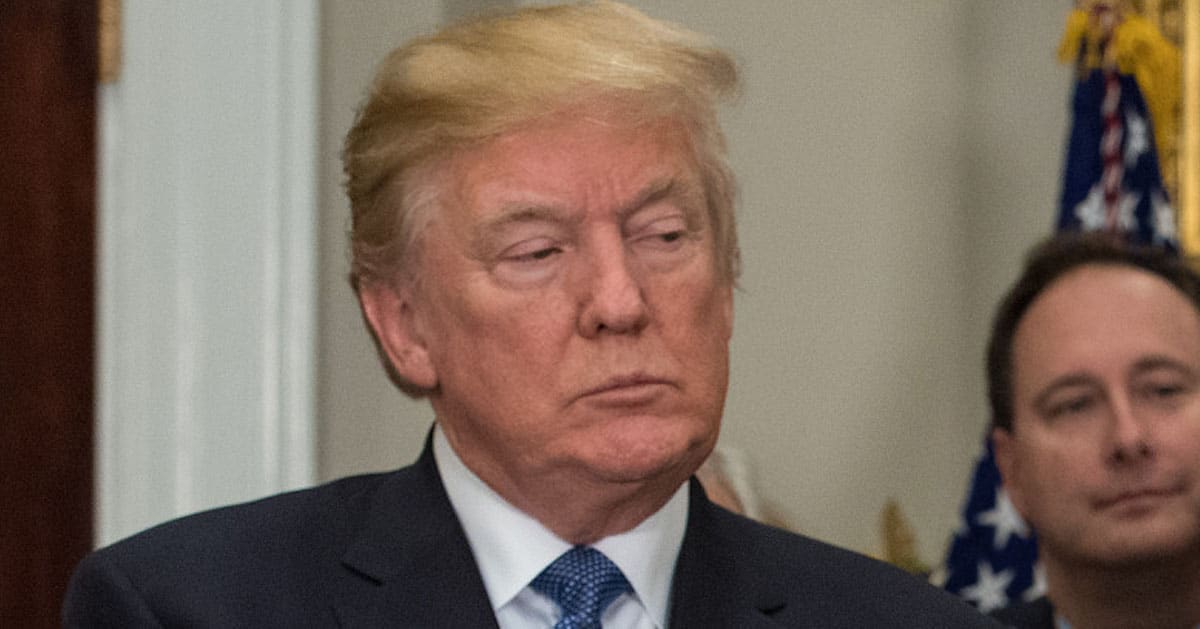



A federal court has intervened to temporarily block the Trump administration's controversial decision to freeze federal aid, which had sparked widespread uncertainty nationwide.
NBC News reported that Rhode Island’s U.S. District Judge John J. McConnell ruled against the directive, issuing a temporary restraining order to prevent potential disruption.
The funding freeze originated from a memorandum issued by the Office of Management and Budget (OMB) earlier this week. This memo ordered a suspension of federal financial assistance tied to various unnamed executive orders.
Key social programs, like Social Security and Medicare, were not supposed to face any impact, yet the broad nature of the OMB memo left many agencies unclear about which aids might be affected.
In response to the OMB memo, a coalition consisting of 22 states launched legal action to stop the funding suspension.
Separate lawsuits were also filed by nonprofits and the District of Columbia, underscoring the widespread concern about the directive’s effects. The move prompted the courts to step in, halting the directive temporarily.
Two days after issuing it, the OMB withdrew the memo, leading the Justice Department to declare the case moot. However, Judge McConnell found evidence suggesting that, despite its withdrawal, the actions initially called for by the memo remained in effect, necessitating further legal intervention.
Judge McConnell’s ruling places a hold on the funding freeze until a decision is made on a preliminary injunction.
He articulated the court's role in such early litigation phases, indicating that the broad and unclear nature of the administration's actions requires a cautious approach.
The judge’s decision aligned with another temporary blockage by Judge Loren AliKhan, who had already paused the directive earlier in the week for additional deliberation.
McConnell openly criticized the memo, noting that "Federal law specifies how the Executive should act if it believes that appropriations are inconsistent with the President’s priorities."
Judge McConnell expressed concern over the Executive Branch taking such unilateral action, highlighting that the administration lacked legal precedent authorizing such a measure.
He pointed out that federal law dictates that if the President disagrees with Congress’s funding allocations, the proper course of action is to seek congressional approval rather than acting independently.
Rhode Island Attorney General Peter Neronha endorsed the judicial intervention, warning about the significant impact the funding freeze could have had on critical services. Neronha emphasized that the directive seemed poised to "inspire fear and chaos," affecting areas such as public safety and disaster relief, which rely heavily on federal support.
The White House’s initial lack of comment gave way to a statement from Press Secretary Karoline Leavitt.
She used social media to assert that, while the OMB memo had been rescinded to eliminate confusion, the execution of the President’s directives regarding federal funding continued unchanged.
Amid these developments, the White House and Justice Department have not made any new official statements on the ruling. This silence leaves many looking toward future legal proceedings for clarity and further resolutions.
Judge McConnell’s interim decision has provided temporary relief, but questions regarding executive authority and how aid decisions are communicated remain. Observers and stakeholders alike are waiting for further judicial commentary or policy clarification from the administration.



